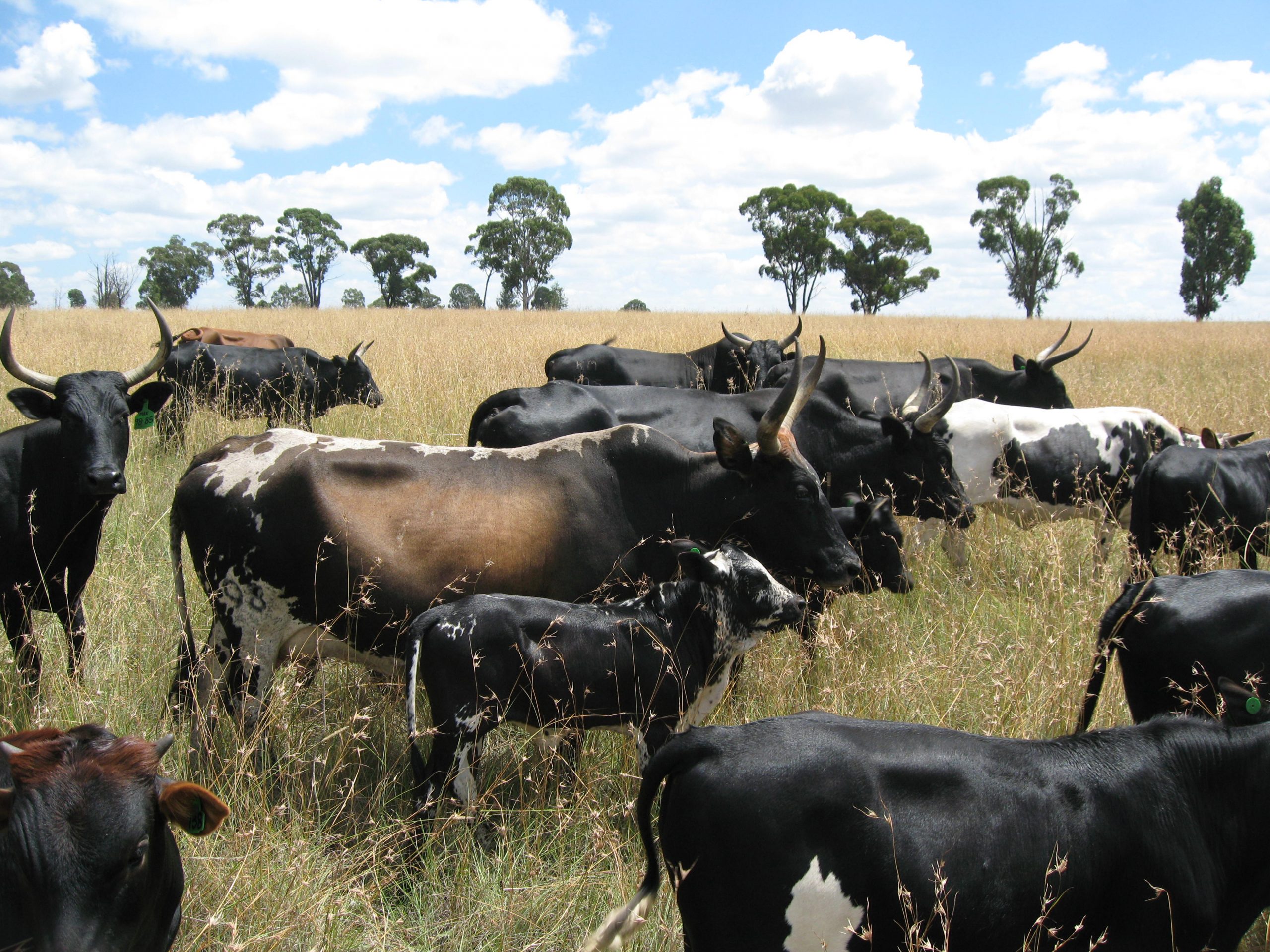A pair of researchers from Trinity are among six teams selected to compete in the Sustainable Development Goals Challenge, government has announced.
Professor Aonghus McNabola from the School of Engineering and Pádraigh Carmody from the School of Natural Sciences have received funding for their project and will compete for an overall prize of €1 million, to be used to aid the advance of their generated solution towards implementation.
Their project aims to recycle heat generated from meat production in order to reduce costs and the overall carbon footprint of food products.
Profs Mcnabola and Carmondy said they were “delighted” to receive the funding, which will enable them “to work, in a practical way, on addressing one of the world’s biggest challenges – climate change – in a way that also has positive social impact”.
They will work collaboratively with Dr Godfrey Hampqaye from the Southern African Institute for Policy and Research in Zambia and Ms Mangiza Chirwa Chongo, Hivos Zambia’s Societal Impact Champion.
Last month, McNabola was one of more than a dozen Trinity researchers whose projects received funding from the €65 million National Challenge Fund, for a project exploring low-cost fish-friendly micro hydropower energy storage.
Government today announced funding in excess of €2 million for the six research teams selected for the Sustainable Development Goals Challenge. The teams aim to develop and implement innovative solutions to meet the Sustainable Development Goals of the United Nations (UN).
Other research projects selected for the challenge include the mapping and restoration of mangroves in Vietnam, the investigation of green infrastructure within urban environments of Tanzania and an exploration of drought and flood management systems for sub-Saharan cities. Other projects competing for the prize fund are based in Uganda and Malawi.
Teams will work with researchers from partner countries of Irish Aid, with the goal of providing solutions to climate change related issues for life below water and on land.
Minister for Further and Higher Education, Research, Innovation and Science Simon Harris outlined that the challenge based funding “will utilise the best of research to make many lives better” as “real-world impact is at the heart” of the project.
Minister of State for International Development and Diaspora Sean Fleming added: “We have already seen how developing nations can be disproportionately affected by the climate crisis.”
“By supporting researchers both in Ireland and in the countries where Irish Aid works, we will use innovative ideas and cutting-edge scientific research to help mitigate some of those effects,” Fleming noted.
Director General of Science Foundation Ireland (SFI) Professor Philip Nolan, commented that the award is an “exciting moment” for those involved and outlines how the teams not only “represent some of the best of Irish research” but are also “driven by the hope that their solutions can change the world – a sentiment at the heart of challenge-based funding”.






